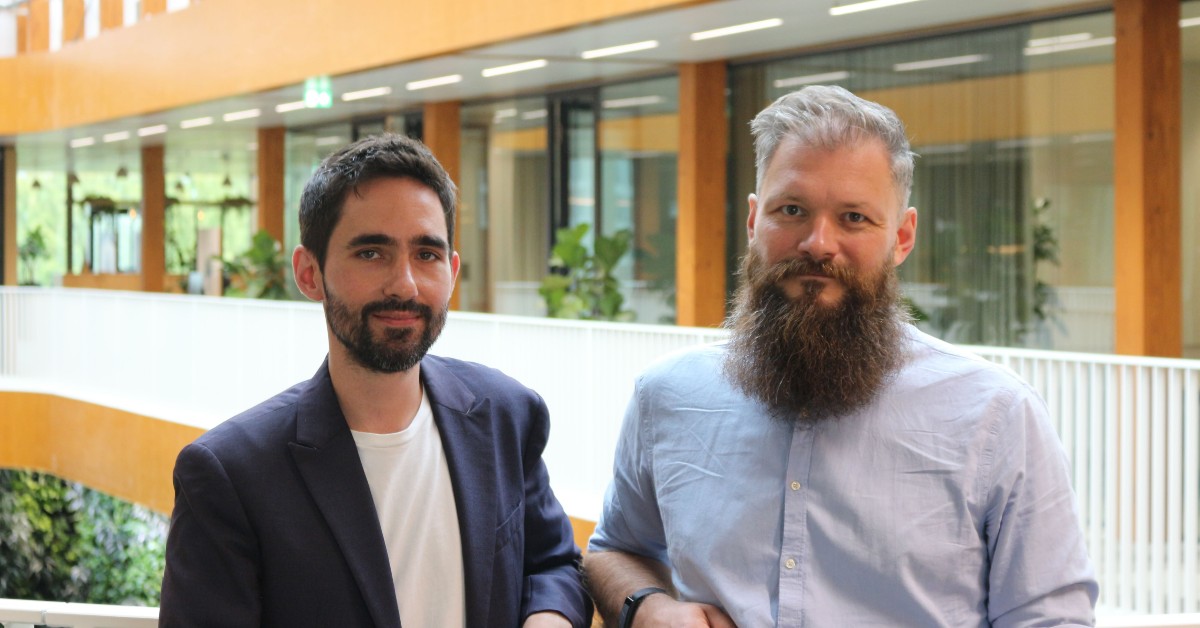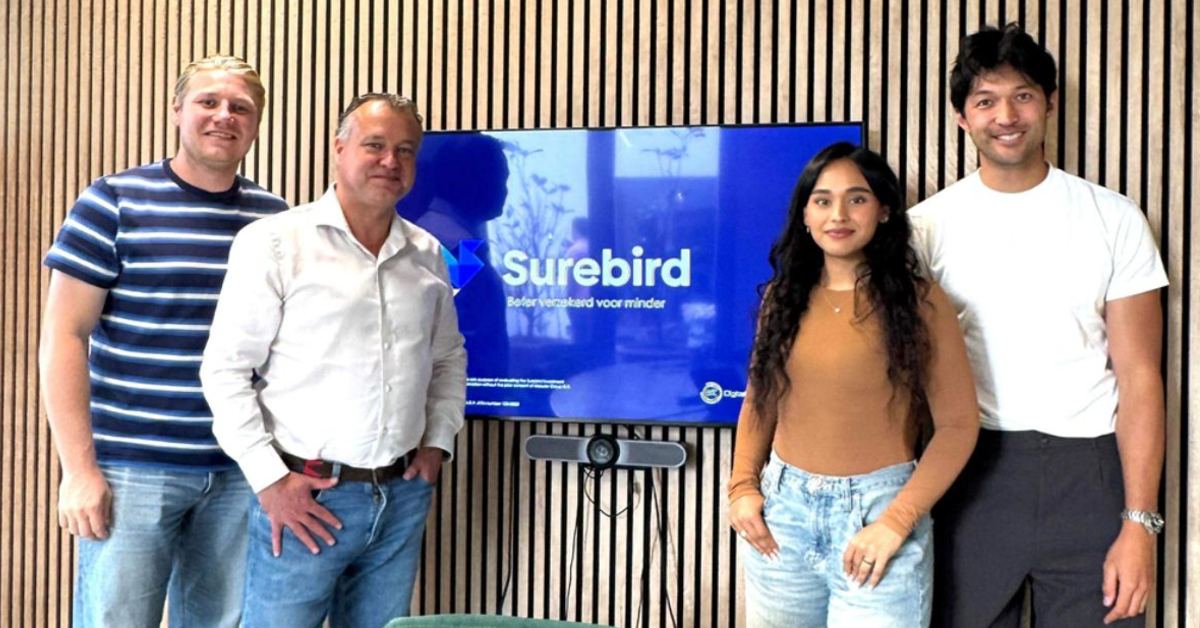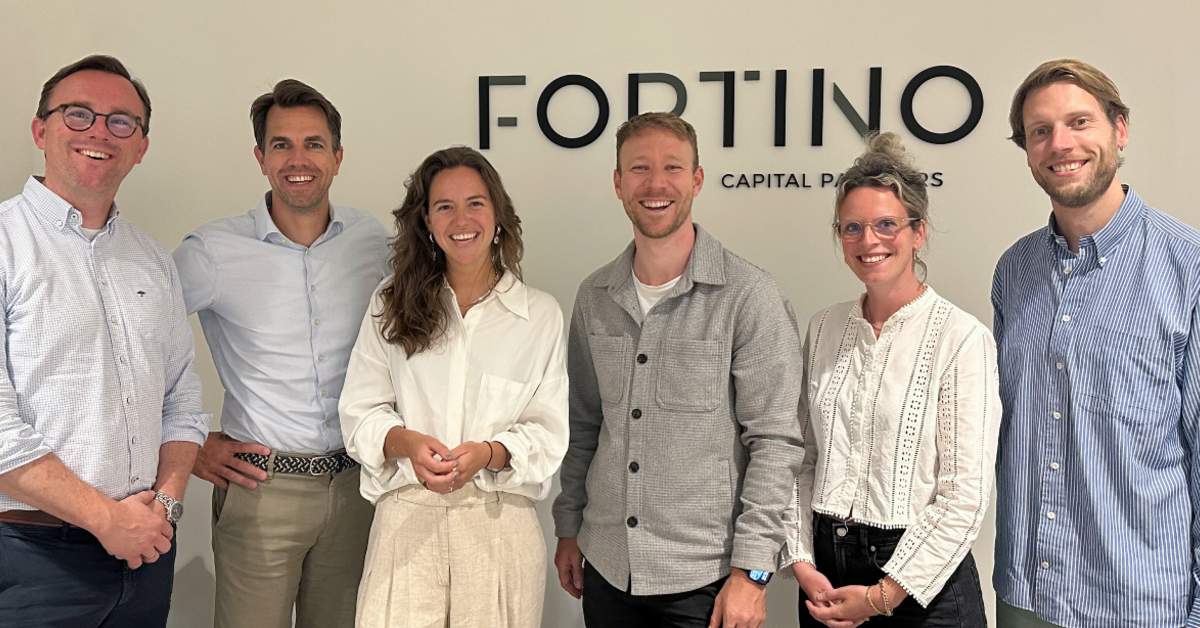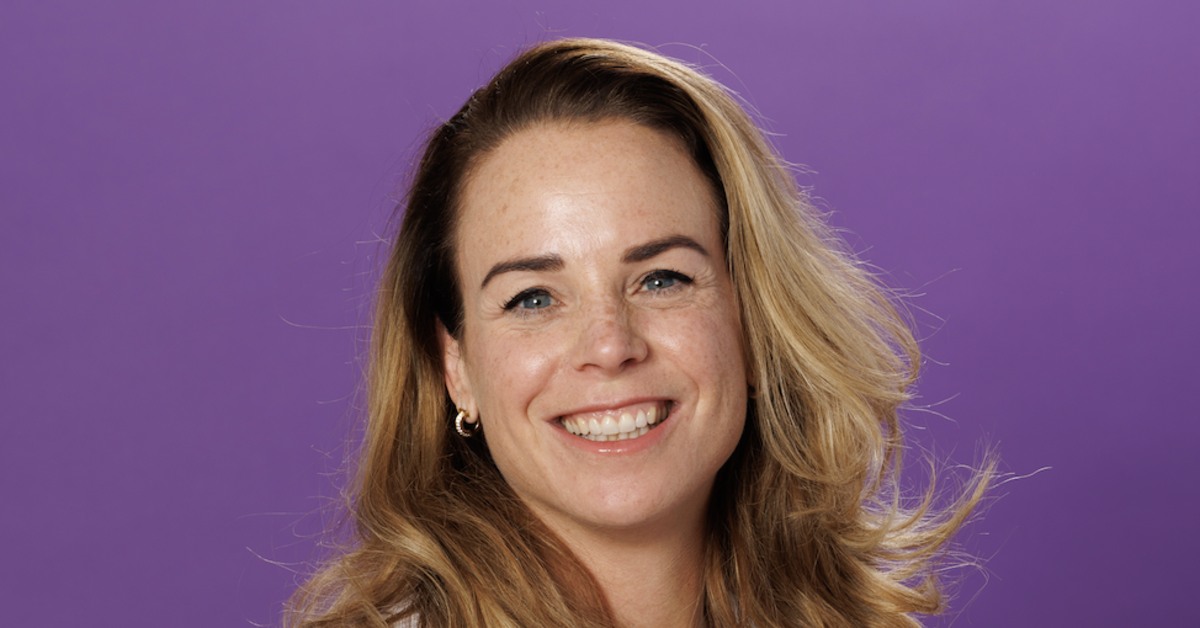Nearly three years on from those first fateful weeks of the pandemic, the world of work continues to be influenced by the practices we adopted then to comply with government-mandated stay home orders and restrictions.
And while remote work has, for the most part, transformed our working lives for the better and has made the concept of work-life balance more tangible, chinks are starting to appear in the armour of the hybrid working model.
That’s according to new data compiled by Gallup, which found that hybrid work doesn’t optimally function if everyone isn’t on the same page. The study also uncovered that unless hybrid work is well-coordinated, it can have detrimental effects on workplace culture, professional development and career advancement.
Striking the balance
One of the most challenging aspects of hybrid work is finding the right mix of work from home days and in-office days. Gallup’s data revealed that two days on-site proved to be the most popular configuration (29%) followed by three days (22%) and one day (19%).
Unsurprisingly, Mondays and Fridays are the least popular days to work from the office, and Tuesday and Thursday are the most popular (63% and 62% respectively) followed by Thursday (59%).
However, those who work in more independent roles can effectively navigate their workload with fewer days on-site. Those who work in more collaborative roles need to have a more intuitive approach, and tend to benefit from at least three days in-office.
Interestingly, compulsory attendance on certain days, set out in advance by the employer, has a detrimental effect overall, with 60% saying they would rather choose the days they work from the office themselves.
More meaningful face-to-face time
As alluded to above, organisational culture across the board has had to respond to new ways of working and evolve in-line with employee expectations. While in-office perks have lost their shine, ensuring in-office days are used to build relationships, deliver training and collaborate on projects is essential to keep employees connected and engaged.
Ultimately, independent tasks should be reserved for working from home days, and this is why leaders and managers need to implement a hybrid work strategy to get the best from their teams and retain their best talent.
If you feel like your own hybrid work situation isn’t working for you anymore, it could be time to make the move to a role that facilitates hybrid work in a more favourable way.
The good news is that hundreds of companies are currently hiring. Below are just three examples, but the Silicon Canals Job Board has many more and is the ideal place to start conducting your search.
Senior Finance Data Analyst (f/m/d), Siemens, Munich
Wondering how we will work in the future and if buildings can become the key to sustainable growth? Then this Senior Finance Data Analyst position could be the right fit for you. Siemens Real Estate is responsible for Siemens’ global real estate portfolio and in this role you will use your excellent accounting and IT skills to develop data analytics to ease the closing process, analyse existing SRE closing processes and identify automation/optimisation potential. The ideal candidate will have a degree in business administration, finance or economics along with five years’ experience in accounting, IT or business administration functions, extensive knowledge of SAP and data visualisation tools and experience in Python. This role can be filled from Munich, Germany or from Amadora, Portugal. Get the full details here.
Full-Stack Software Engineer – Markets & Sales (All Genders), Zalando, Berlin
Zalando’s vision is to be the starting point for fashion and its Markets & Sales department is responsible for the campaign planning, article selection, onsite merchandising and sales curation. As a Full-Stack Software Engineer you will design and implement technical solutions that enable the Markets and Sales organisation to help Zalando Lounge scale through more efficient processes from planning, to creation, scheduling, curation of campaigns, and last but not least article selection. The ideal candidate will have at least three years’ of recent industry experience as a backend or full-stack engineer, with production grade knowledge in Golang. You’ll also have two years’ of experience as a frontend or full-stack engineer using modern frontend frameworks (React preferred), strong AWS knowledge and experience with TypeScript is a big plus. See the full job description here.
Principal Architect, Telecommunication, Google Cloud, Google, Frankfurt
Google Cloud accelerates an organisation’s ability to digitally transform their business and customers in more than 200 countries use Google Cloud as their trusted partner to solve critical business problems. As such, the team requires a Principal Architect, Telecommunication to engage with Google Cloud’s largest and most sophisticated accounts as both an industry and Google expert and apply their vast industry experiences to design customer solutions, collaborate with sales, services, sales, training and support to help partners and customers leverage Google’s technology. You’ll also have the opportunity to share your preferred working location: Munich, Frankfurt or Berlin. If this sounds like the challenge you’re looking for in 2023, apply today.
For hundreds more opportunities in tech, visit the Silicon Canals Job Board today










01
From telecom veteran to Dutch Startup Visa success: The Jignesh Dave story